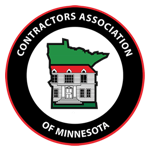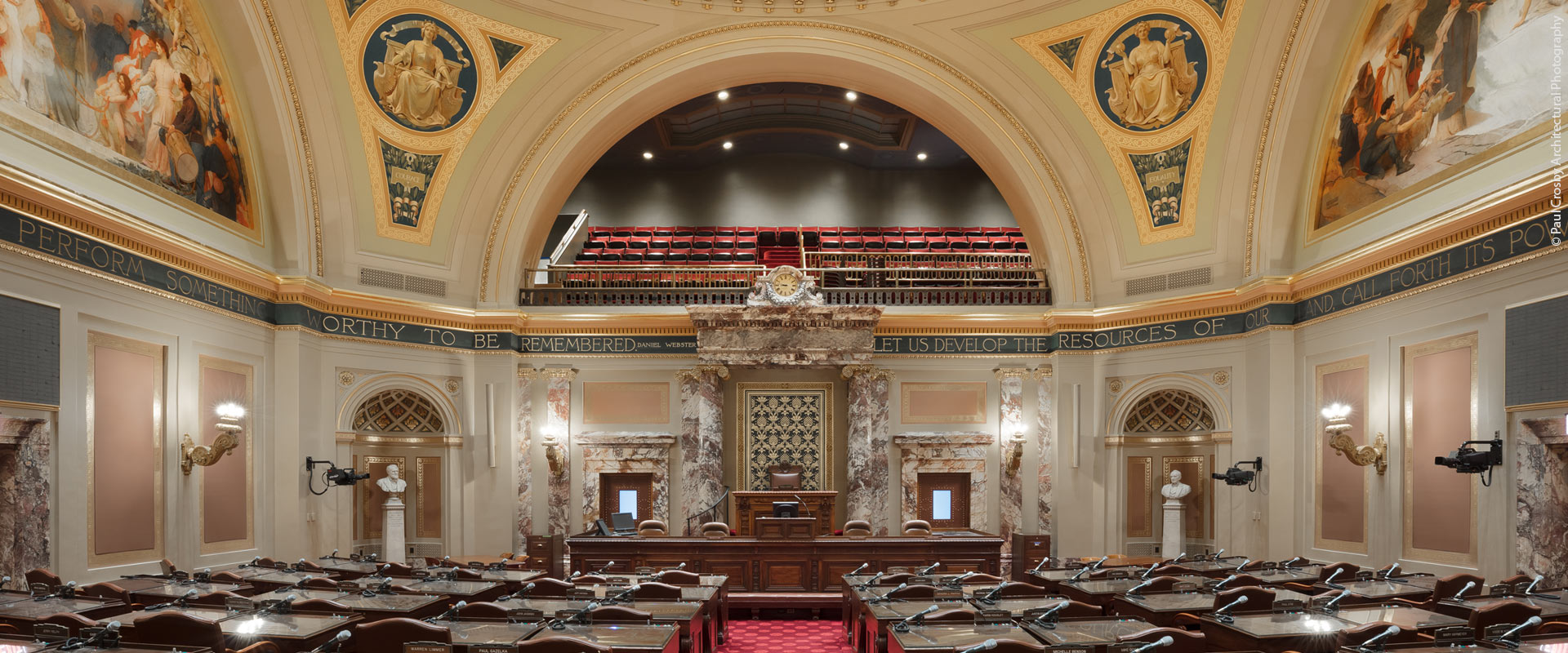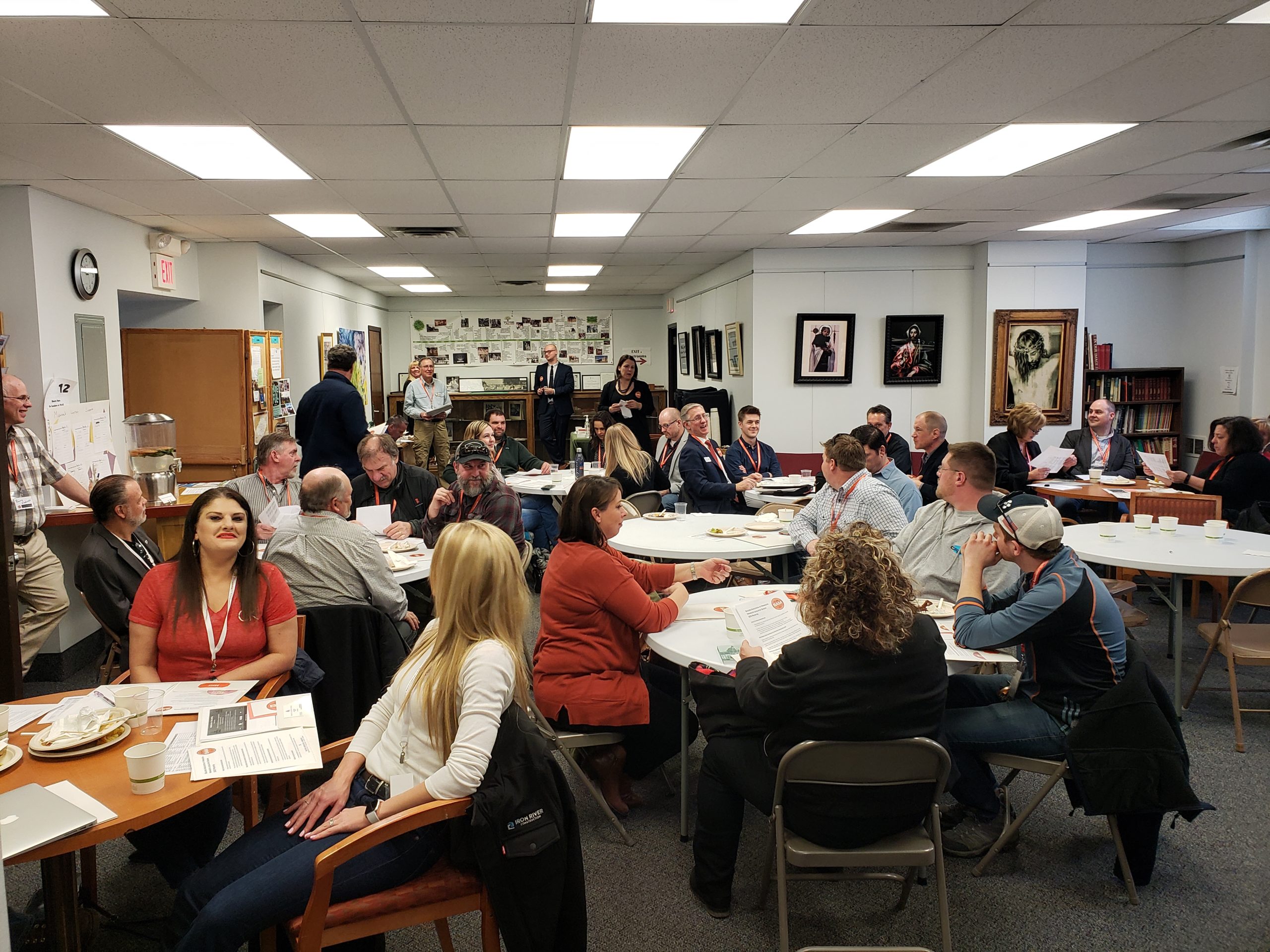Call To Arms For CAM Members – Vote NO to HF4444 / SF4483
Calling All Contractors Association of Minnesota:
Please email your legislator to encourage them vote no on HF 4444/SF 4483.
The legislature may vote on the worker misclassification bill that has the potential to add costs as well as apply more administration to your bottom line. It will also affect how you work with independent contractors.
This bill is in response to contractors who pay wages by cash and under the table thereby not paying taxes. That is unfair to you and your business. But allowing this provision to be pushed through without a good faith discussion with the industry is unfair and shows how government can lack transparency. It is also another administrative burden layered on top of the laws passed last year that include sick and safe time as well as paid family leave.
Encourage the legislature to come to the table to work with the industry on ensuring that bad actors are held accountable but good actors don’t continue to bear the burden.
Please contact your legislator and let them know how this bill will affect your businesses bottom line and will increase the cost of repairing a house that has been involved in a storm occurrence.
Sample letter that can be cut and pasted.
As a constituent and member of the housing industry, I am writing to you to urge you to vote NO on HF4444 (Greenman)/SF 4483 (Oumou Verbeten). You can find your legislator here:
Find my Legislator
As members of the construction industry, we share the goal of holding bad actors accountable and not putting extra burdens onto contractors who act in good faith.
This bill will increase the price of repairing a homeowners property who has been caught up in damages to their homes by a storm occurrence through more administrative burdens.
The individual liability clause will have an impact on hiring a workforce that is already struggling by making it more difficult for someone to become a contractor. Our industry relies on Independent Contractors who want to work for themselves. This bill has the potential to kill the IC industry.
And finally, without a willful intent clause, those employers that are acting in good faith and make an honest mistake could be swept up and unfairly punished. Thank your legislators for working to take out the $5,000 floor for any penalties.
Again, we share the goal of holding purposefully bad actors accountable, but this bill is not the way to do it.
Thank you for your consideration.






